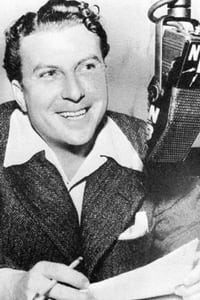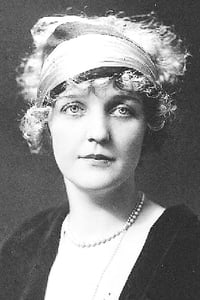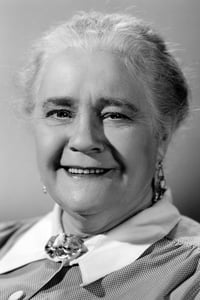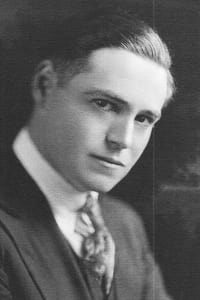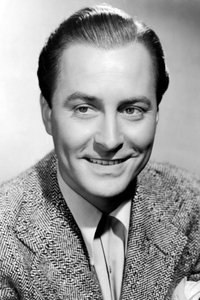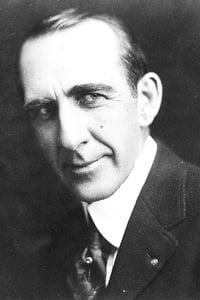The Story That Couldn't Be Printed
Genres
History
OverView
This John Nesbitt's Passing Parade short tells the story of John Peter Zenger, who in Colonial New York was tried for sedition based on what he printed in his newspaper.
Others
Budget
$--
Revenue
$--
Status
Released
Original Language
English
Runtime
10 mins
Rating
4/10
Release Date
22 July 1939
Country
United States of America

